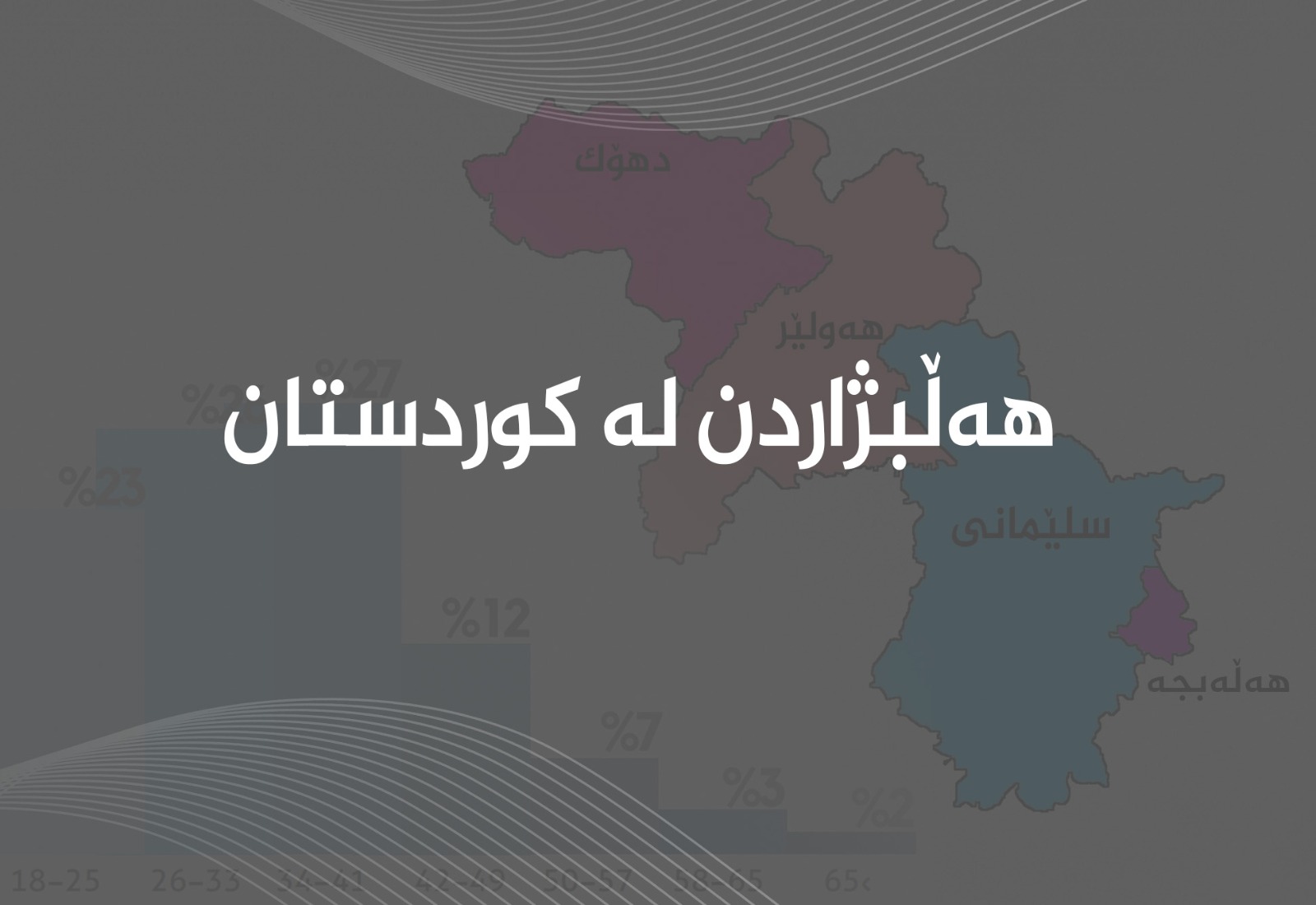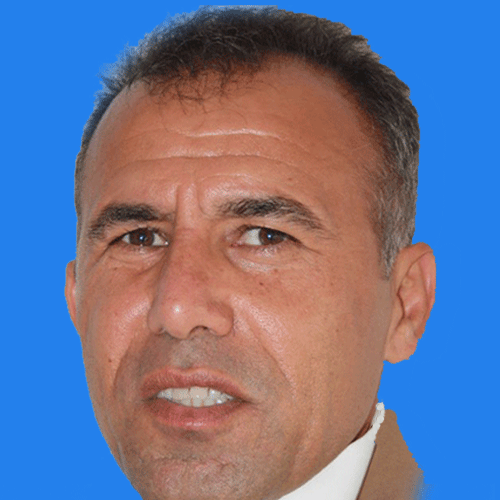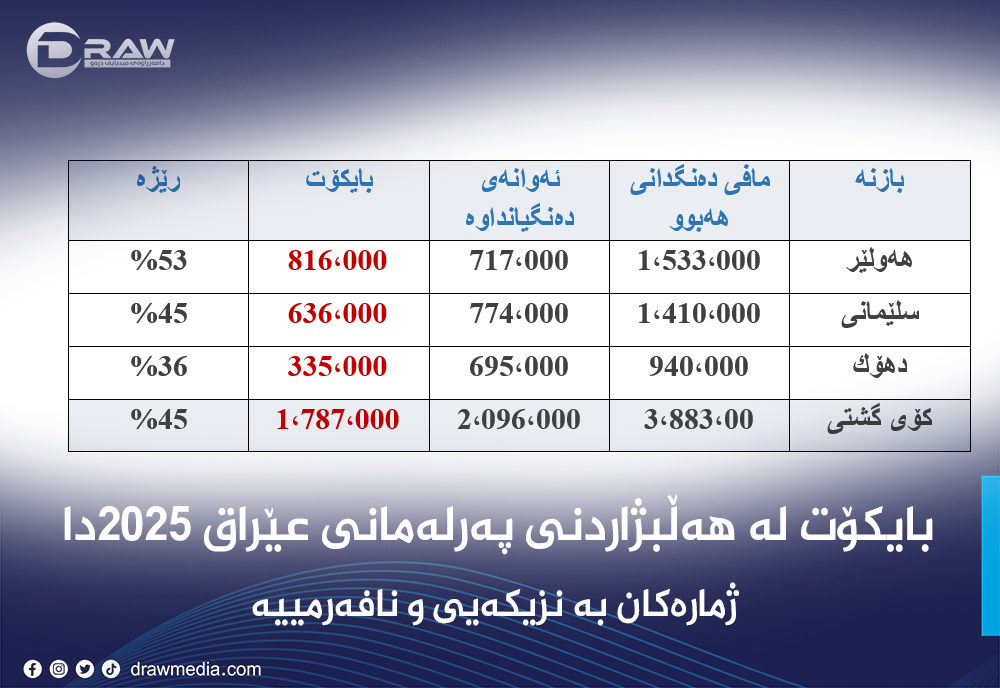How did Trump win and what is next for the Kurdistan Region?

2024-11-16 10:30:55
After a year of primary and general election campaigning, voters in the US picked Republican Donald Trump over Democrat Kamala Harris. Trump, who was running to retake the office that he held between 2017 and 2021, won with 312 electoral votes. Harris managed just 226. The former president is also expected to win the popular vote, which he failed to do in the 2016 election. The final results will be confirmed in the next few weeks.
Trump’s victory came as a result of sweeping all seven major swing states: Pennsylvania, Michigan, Wisconsin, North Carolina, Georgia, Arizona, and Nevada. While he went beyond the narrow margins that had been anticipated, the election was still decided by just a fraction of the more than 146 million votes cast. Across those seven states, Trump won fewer than 800,000 more votes than Harris based on the preliminary numbers. He won just 255,000 more votes in Pennsylvania, Michigan, and Wisconsin, a combination that would have gotten her to 270 electoral votes.
Overall, there was a broad shift to the right across the US. While Democrats continued to win women, Blacks, and university-educated voters. More conservative demographics like men, Whites, and working class voters continued to cast ballots for Republican candidates and did so at higher rates than in the past. The rightward shift was most pronounced among young men, Whites, Latino men, and voters aged 45-64 years old.
In particular, voters seemed to be reacting against the high cost of living in the US. While the administration of President Joe Biden has been successful at bringing down inflation, spurring economic growth, and reinvigorating the industrial sector, the effects were not felt by ordinary people who are still grappling with the economic fall-out of the COVID-19 pandemic. Many economists have questioned Trump’s proposed plans, but voters’ anger was real. Moreover, Trump used racist and sexist grievances and stoked a narrative that Biden had mishandled immigration as a way to motivate his base.
While these trends prevailed at the presidential level, Democrats had a better, but still disappointing night, in races for the Senate, the House of Representatives, and state-level races. They lost control of the Senate after Republicans flipped seats in West Virginia, Montana, Pennsylvania, and Ohio. As of writing, control of the House remains unclear, but Republicans look likely to retain control.
Voters in the US also make choices about policy questions at the ballot box. In a number of cases, they rejected Democratic candidates for office, but embraced Democratic-backed initiatives. For example, there were ballot measures in ten states to protect abortion and reproductive rights, including several places where harsh abortion restrictions were put in place after the Supreme Court invalidated Roe v. Wade. These were approved in seven states, but failed to pass in three. In Florida, the pro-choice measure achieved a majority, but was unable to reach the 60% of the vote needed to become law.
As a result of the election, the US continues to be one of the only major Western countries never to select a woman as its top political leader. The so-called “highest glass-ceiling in the nation” remains cracked, but unbroken.
How will the result affect the Kurds?
Observers in from around the world watched the US election closely, including in the Kurdistan Region. This is understandable given the stakes: what the next president decides to do will have significant bearing on its future.
Now that the result is known and Trump will be returning to the White House, Kurds are wondering what that means. Given that he was previously the president, there is a precedent for what he might do. Kurds will of course remember his administration’s opposition to the 2017 independence referendum in the Kurdistan Region and his personal actions to enable Turkey’s invasion of northeastern Syria during Operation Peace Spring. But that is no guarantee that he will do the same thing. Trump is famously transactional and prone to changing his mind based on emotion.
The leaders of the Kurdistan Region’s main political parties—who have much work to do themselves in terms of forming a government following their own election—were quick to congratulate Trump on his victory. They emphasized the bond between the US and the Kurdistan Region and a desire to strengthen it.
However, the relationship between the US and the Kurdistan Region is changing, particularly on the security front. By mid-way through Trump’s term in 2026, the International Coalition will withdraw its forces from bases in the Kurdistan Region, including Erbil and Harir. Moreover, the four-year memorandum of understanding regarding Peshmerga reform will expire that same year. These will have to be dealt with in due time and Baghdad will have a significant say in the matter, particularly in terms of the bases.
Much of Trump’s Middle East policy will depend on who he selects for key positions at the State Department and the Pentagon. His first term was characterized by confrontation with Iran and many of the names being floated for those jobs have hawkish views about Tehran. While politically this may prove popular among some Kurds, many others understand that it is often the Kurdistan Region that is caught in the crossfire when the US and Iran clash. This is all the more relevant in the context of regional tensions regarding Israel, which Trump is expected to support even more than Biden.
However, Trump also ran on a platform of keeping the US out of foreign conflicts. “'I’m not going to start wars, I’m going to stop wars,” he said in his post-election victory speech. Obviously, this is more easily said than done and Trump thrives on aggression. Only time will tell whether this was merely a talking point to get elected.
But this is all at the geopolitical level. There is little chance that the next administration increases its attention on the Kurdistan Region; in fact, its focus will probably continue to shift away from the problems of Erbil and Sulaymaniyah. Practically, this means that the Kurdistan Democratic Party (KDP) and the Patriotic Union of Kurdistan (PUK) will appeal to Washington when they feel that it is in their interest, but ignore it when they want. That will likely have a destabilizing effect inside the Kurdistan Region and enable further democratic backsliding and freedom of expression violations.










.png)
.png)














